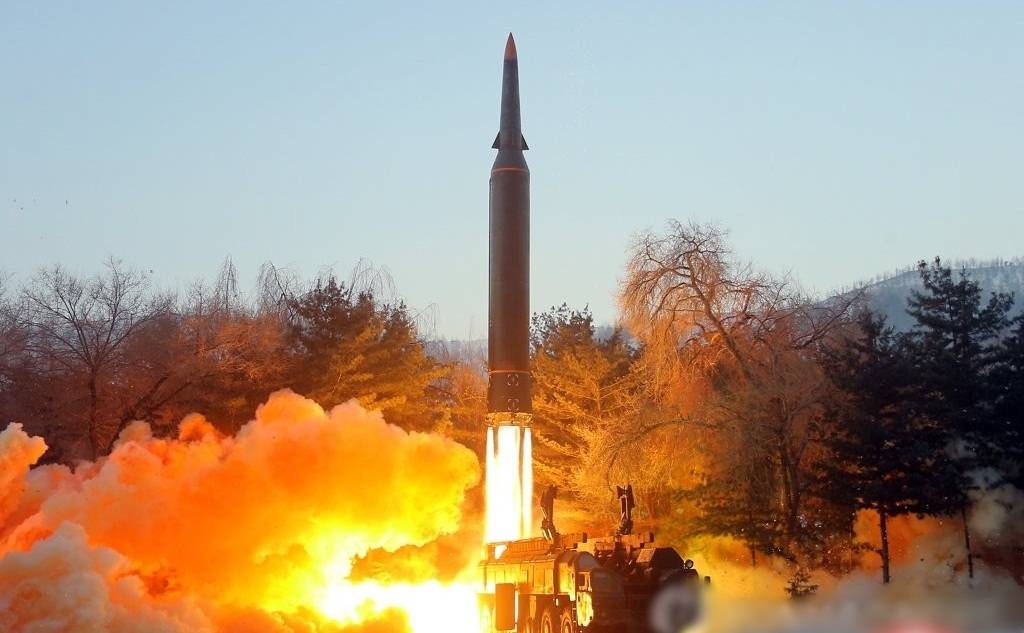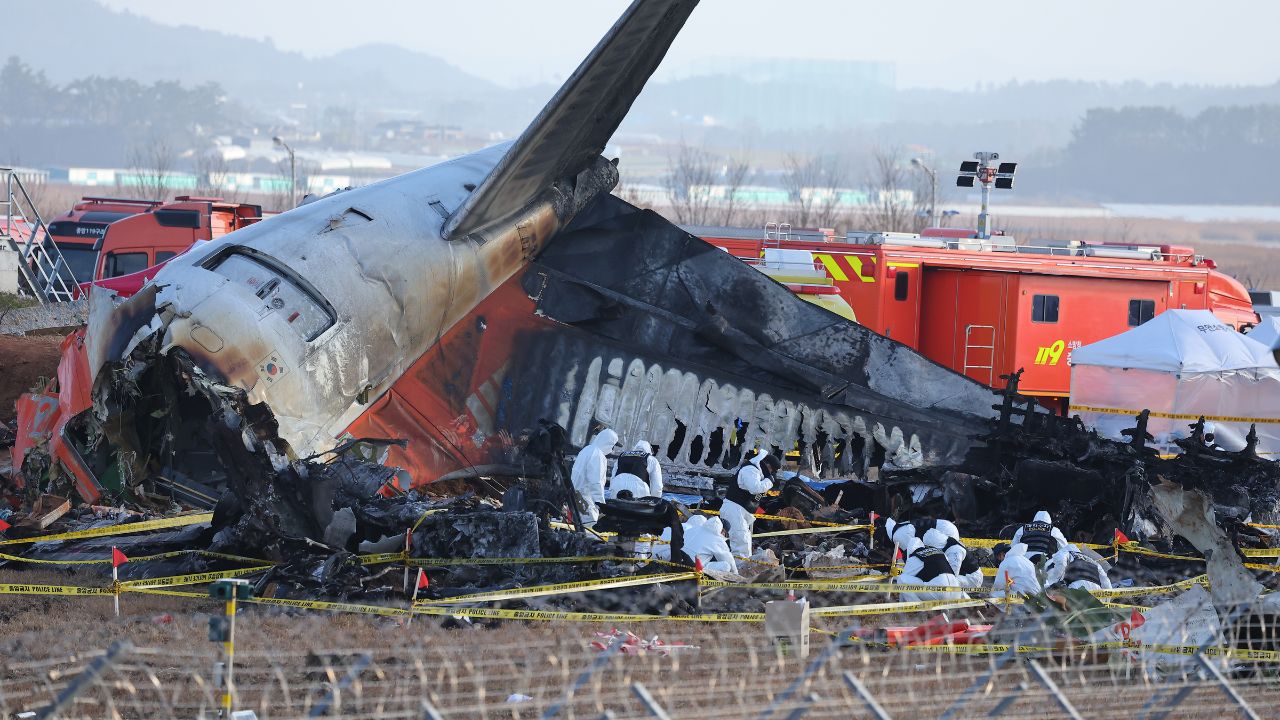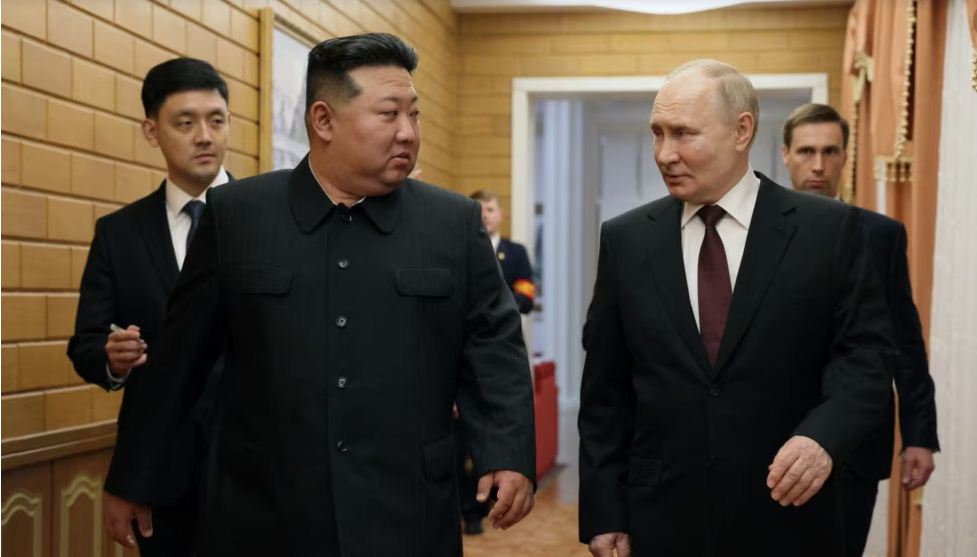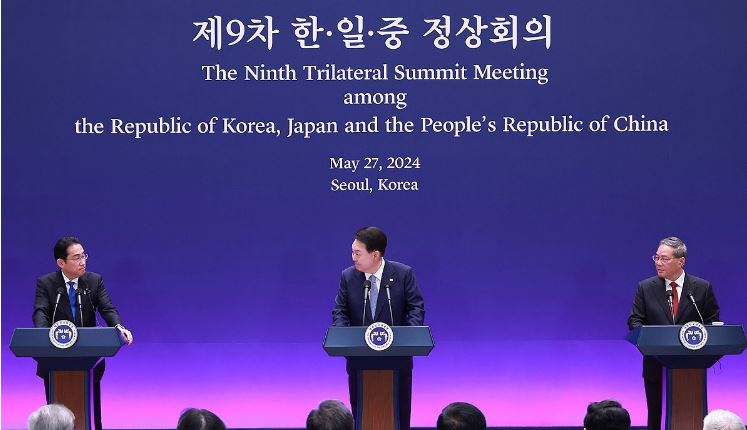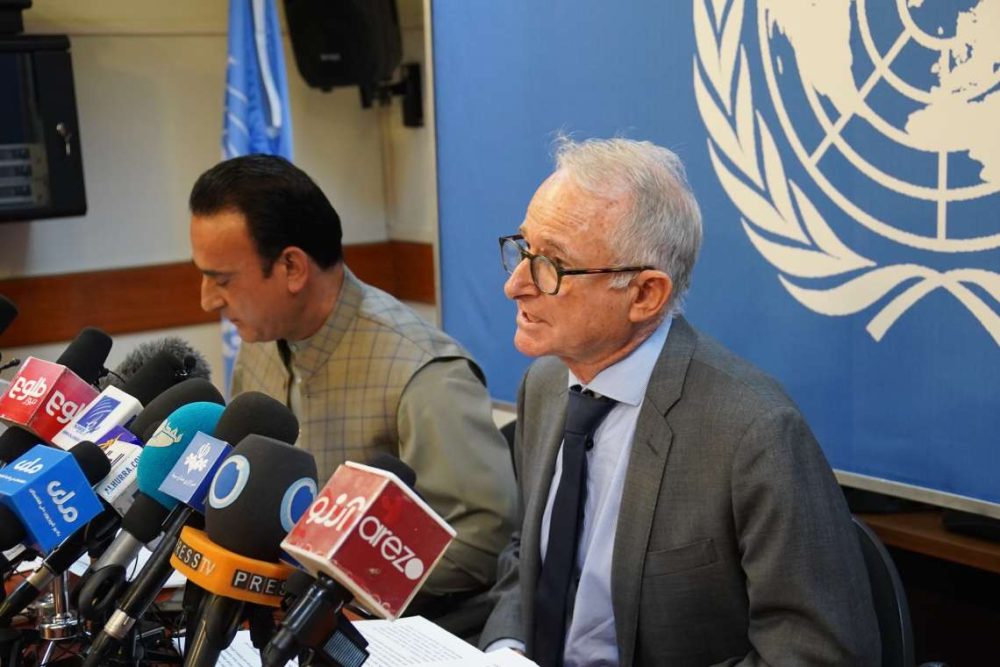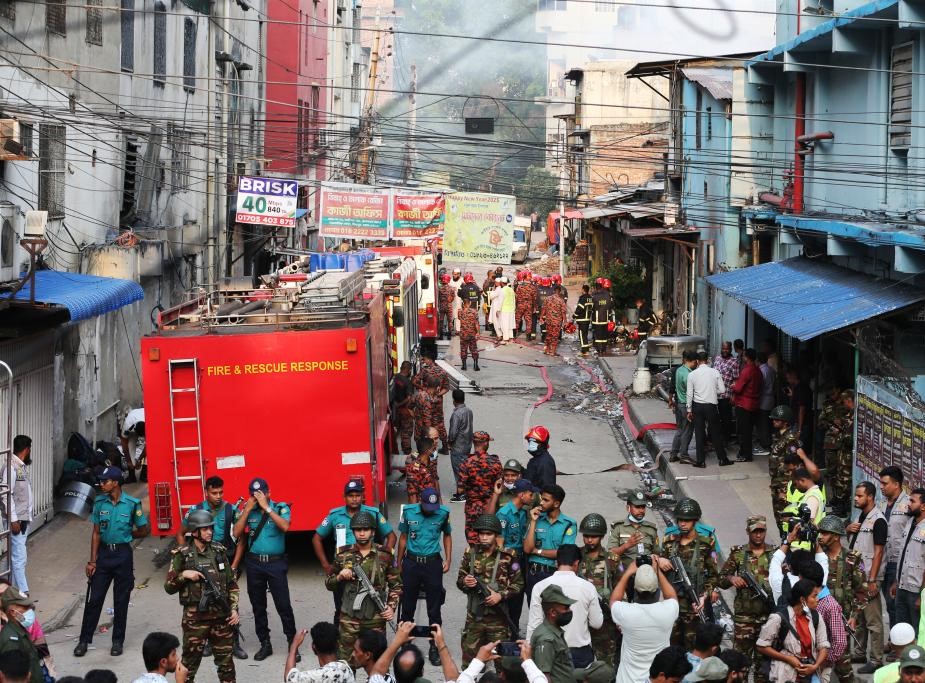The US and South Korea, in particular, have been keeping a close eye reportedly on the Sunan airfield and some other sites where the North conducted missile tests….reports Asian Lite News
North Korea seemed to have failed in its launch of an unidentified projectile, South Korea’s Joint Chiefs of Staff (JCS) said on Wednesday.
The JCS said in a statement that the DPRK launched the projectile from the Sunan area in Pyongyang at about 9:30 a.m. local time (0030 GMT), noting that it appeared to have failed soon after the liftoff.
It said the intelligence authorities of South Korea and the US were conducting an additional analysis, Xinhua news agency reported.
Earlier, Japan’s NHK cited the Japanese Defence Ministry as reporting that the North Korea appeared to have launched a ballistic missile on Wednesday morning.
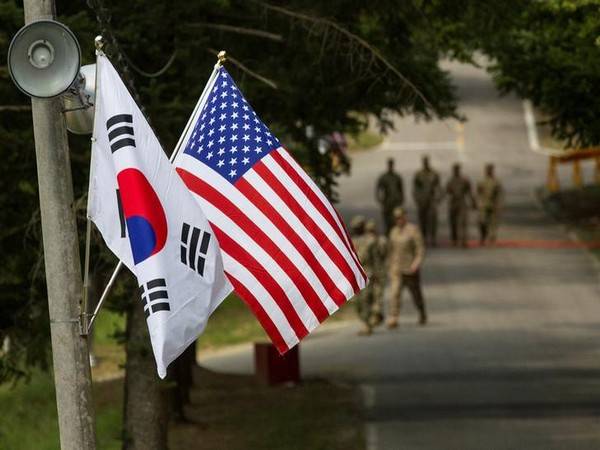
South Korea said North Korea tested a new intercontinental ballistic missile (ICBM) system on February 27 and March 5, but the DPRK said those were the launches of the reconnaissance satellite development tests.
Meanwhile, earlier the US military flew another major intelligence-collecting aircraft over the Korean Peninsula on Tuesday, as Seoul and Washington were on the alert for a possible long-range rocket test by Pyongyang, according to a flight-tracking service.
The RC-135S Cobra Ball spy aircraft, based in Japan, made a sortie around the Peninsula, Yonhap News Agency quoted Flightradar24 as saying, a day after the US sent an RC-135V Rivet Joint reconnaissance plane here apparently in order to monitor North Korean military activities.
The move came amid reports the North might be all set for the test-launch of an intercontinental ballistic missile (ICBM) following back-to-back tests of related systems.
The US and South Korea, in particular, have been keeping a close eye reportedly on the Sunan airfield and some other sites where the North conducted missile tests.
On March 11, Seoul and Washington accused Pyongyang of having conducted a new ICBM system test each on February 27 and March 5 ahead of a full-range launch, dismissing the North’s claim the twin tests were part of efforts to develop a “reconnaissance satellite”.


